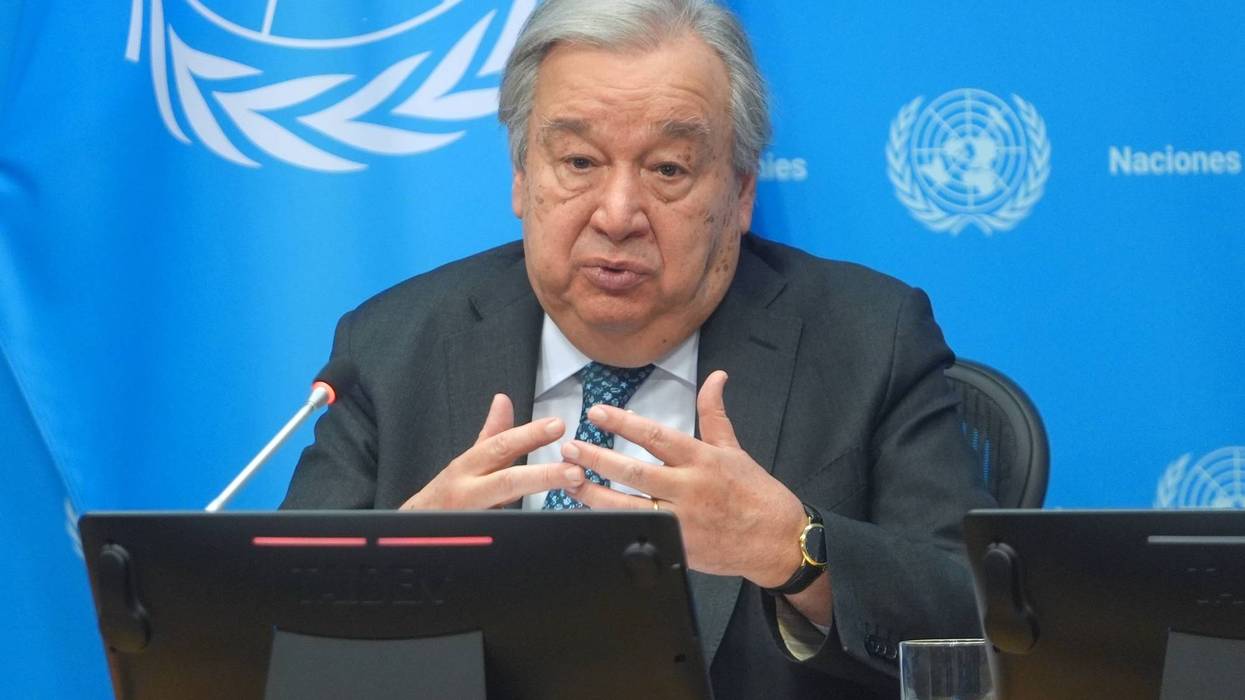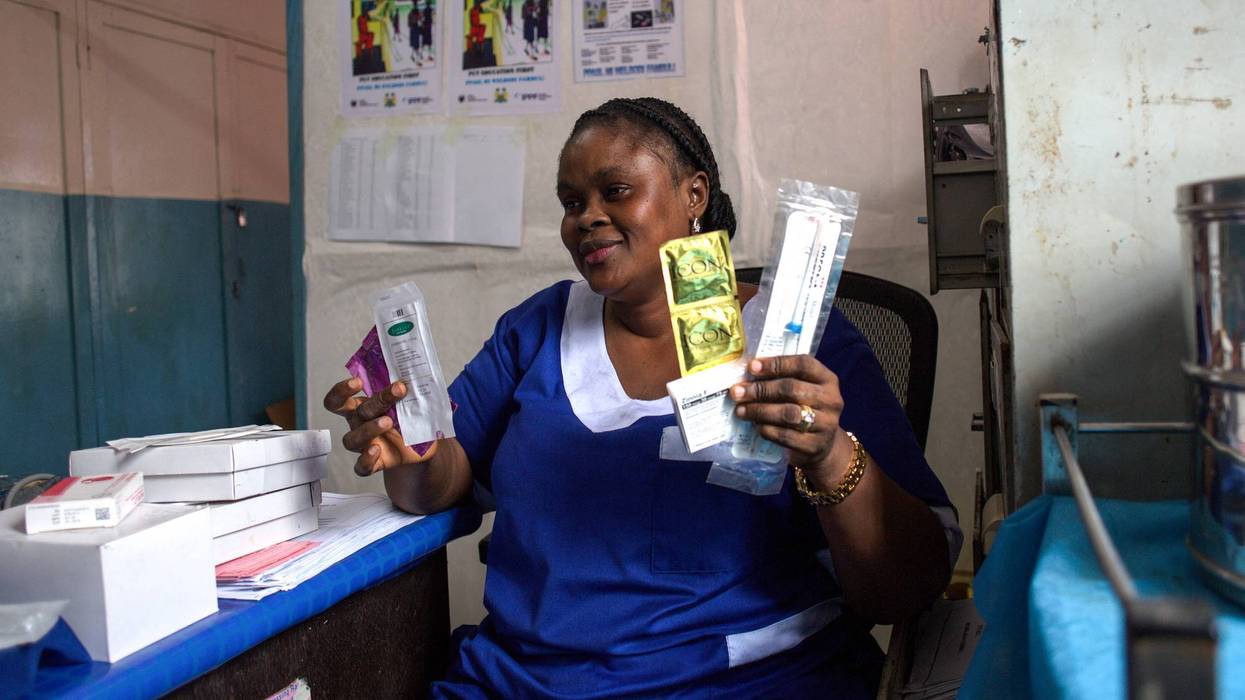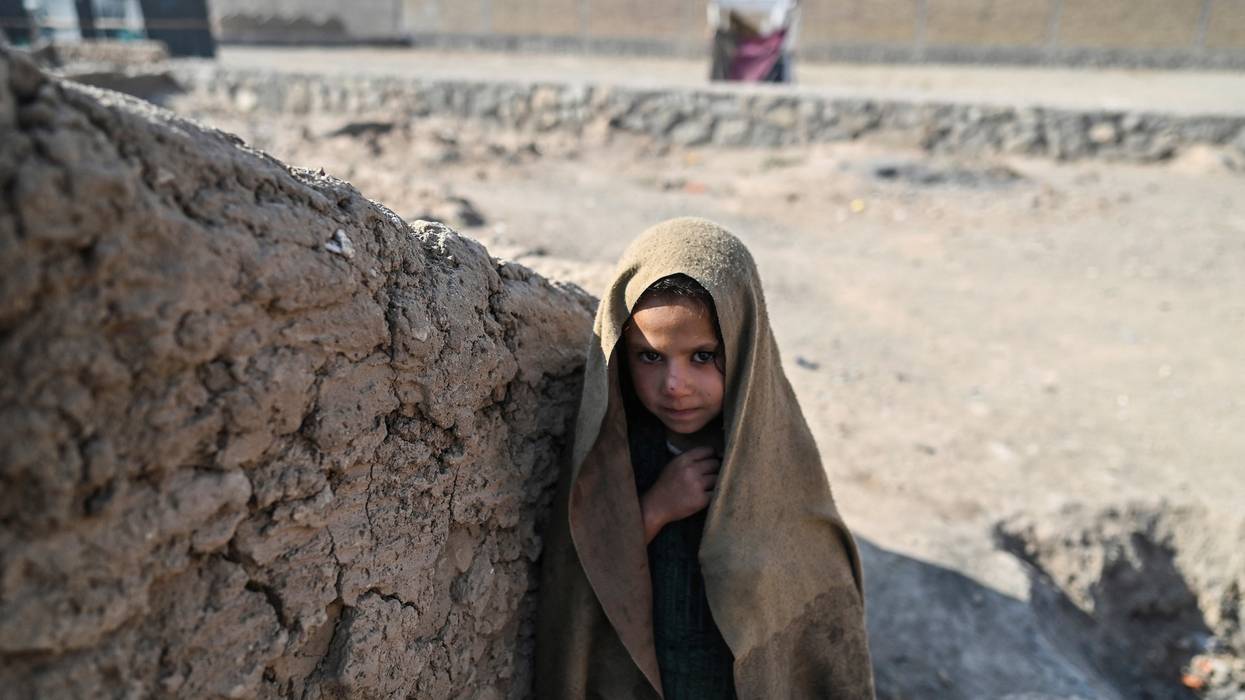A spokesperson confirmed to NBC News on Friday that the US Department of State will release three final rules expanding the foreign assistance prohibition to include "gender ideology," and diversity, equity, and inclusion (DEI), or what the administration is calling "discriminatory equity ideology," in line with various other Trump policies.
"President Trump and his anti-abortion administration would rather let people starve to death in the wake of famine and war than let anyone in the world get an abortion—or even receive information about it," Rachana Desai Martin, chief US program officer at the Center for Reproductive Rights, said in a Friday statement.
"People are already dying because of this administration's slashing of foreign assistance," she noted. "Now, they're making it harder for doctors and aid workers to provide food, water, and lifesaving medical care. This isn't about saving lives—it's a stunning abdication of basic human decency."
Guttmacher Institute director of federal policy Amy Friedrich-Karnik similarly called out not only the new "supercharged global gag rule" but also the second Trump administration's "unprecedented actions like the dismantling of the US Agency for International Development (USAID) and rescission of US foreign assistance for family planning services around the world."
"Guttmacher research estimates that almost 50 million women and girls have already been denied contraceptive care in low- and middle-income countries due to these draconian actions," she explained. "This new radical policy threatens to aggravate the cumulative harms of earlier administration actions, undermining decades of bipartisan investment in global health and gender equality, and stripping resources from the world's most vulnerable populations, including LGBTQ+ communities around the world."
Amnesty International's senior director for research, advocacy, policy, and campaigns, Erika Guevara-Rosas, blasted the expansion as "an assault on human rights" that will be "disastrous and deadly."
"It strangles healthcare systems, censors information, and violates the rights to health, information, and free expression," she stressed. "It forces frontline providers and many struggling organizations that depend on US funding into an impossible choice: limit essential healthcare for the most vulnerable populations or shut their doors."
"Doubling down on this policy is cruel, reckless, and ideologically driven," she continued. "Expanding it to international and US-based organizations will impact the poorest and marginalized first and hardest, denying people the chance to live full, healthy, autonomous lives where they are able to access rights and services. It is further proof of this US administration's blatant disregard for international law, universal rights, and the rules-based international order."
Dr. Anu Kumar, president and CEO of Ipas, which works to increase access to abortion and contraception around the world, declared that "this radically expanded global gag rule is nothing short of a regressive, harmful policy that puts the United States even further out of step with our global counterparts."
"Bullying individual countries' governments into complying with anti-rights and extremist ideology held by the current US administration is despicable and unacceptable," Kumar asserted. "It will wreak havoc on global efforts to improve health, uphold human rights, and achieve gender equality."
The broadening of the global gag rule comes as survivors and US lawmakers continue to fight for the release of files from the federal trafficking investigation into deceased sex offender Jeffrey Epstein, a former friend of Trump. Mina Barling, the International Planned Parenthood Federation's global director of external relations, said that "in an age of Epstein scandals and hocus-pocus designed to undermine science and medicine, the Trump administration has read the room."
"He knows his obsession with women's bodies is viewed cynically, so he has utilized the man-made panic funded by the fossil fuel industry to shift the focus of his policy against trans people," Barling said of the president. "The global gag rule is hate-bait designed to keep his donors happy and export more division to countries reliant on US aid, in the absence of economic justice."
"We stand in solidarity with women and trans people in all their diversity," she added. "We demand debt relief, and we support national sovereignty. We want to see a new global health architecture that is less susceptible to the whims of American politicians."




